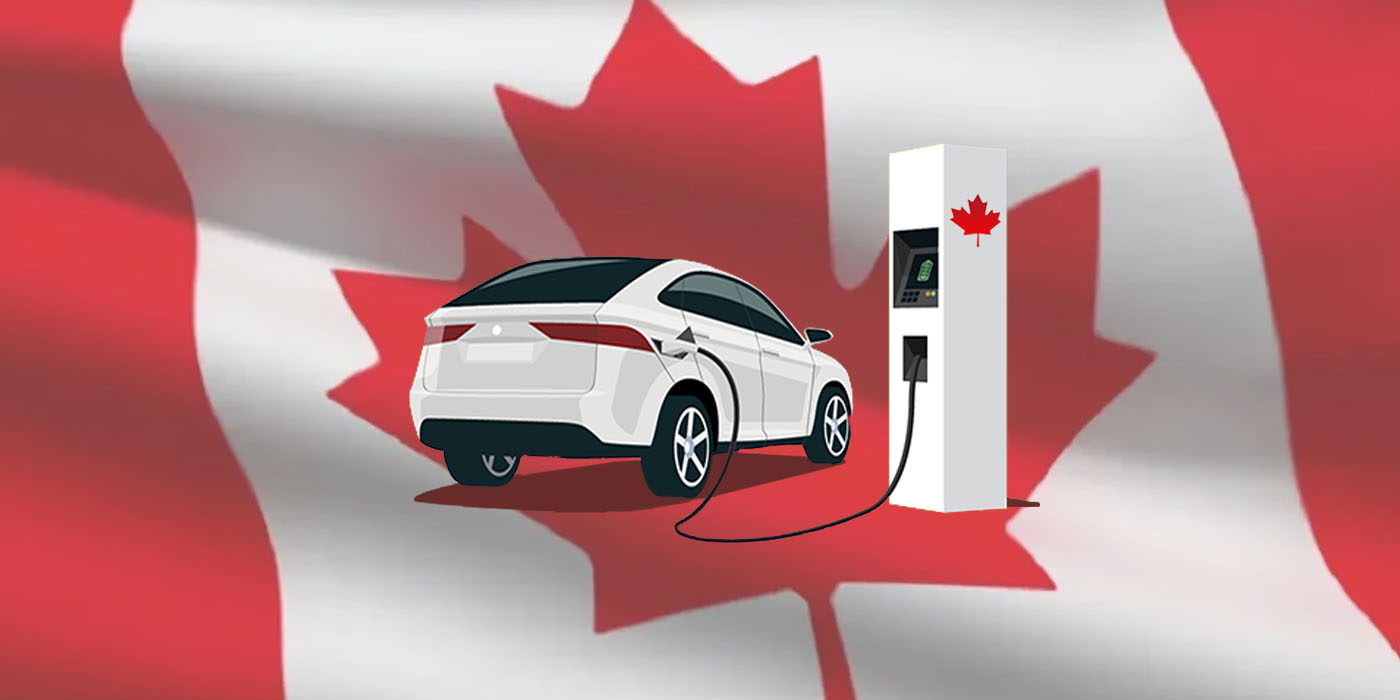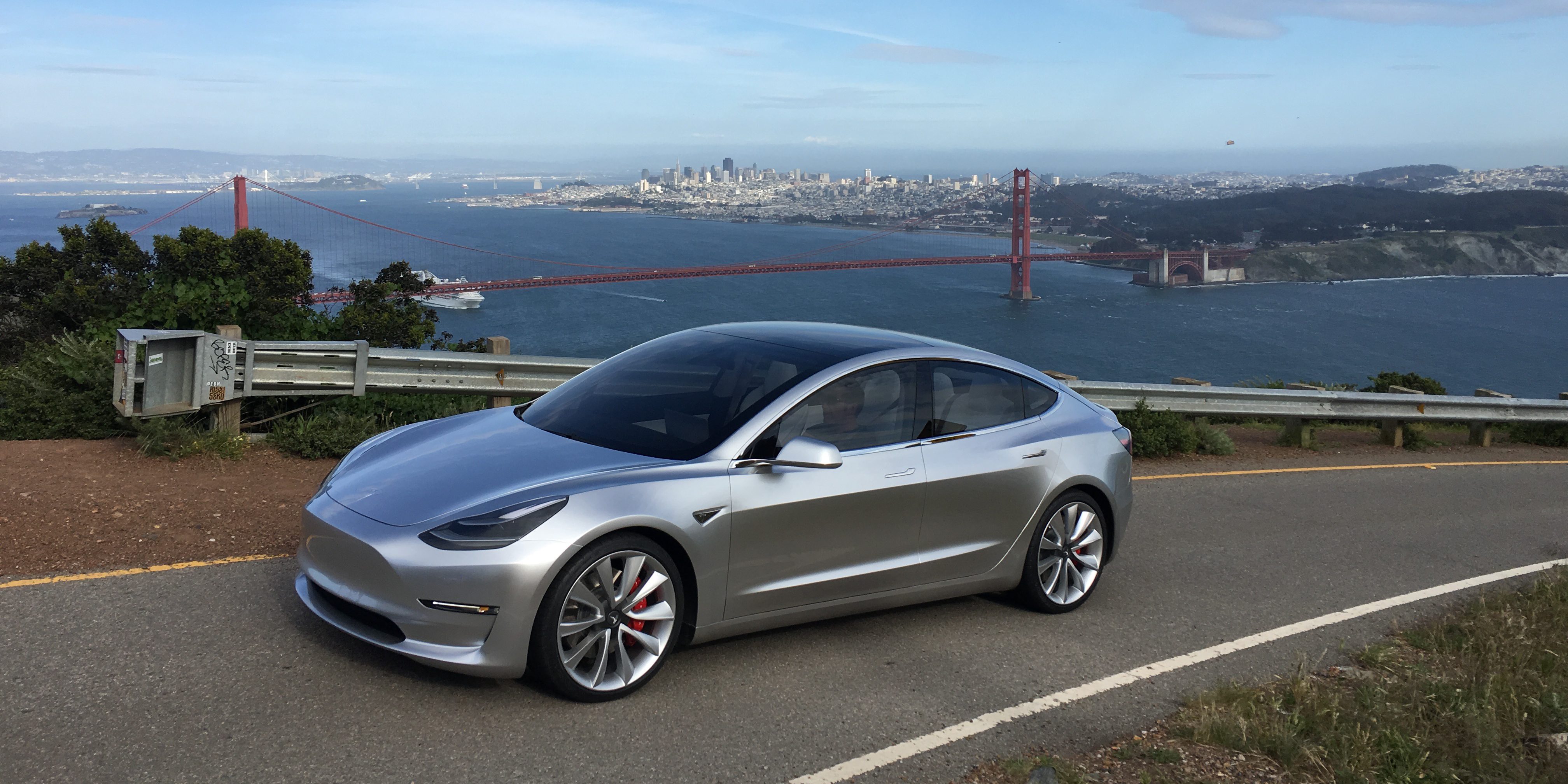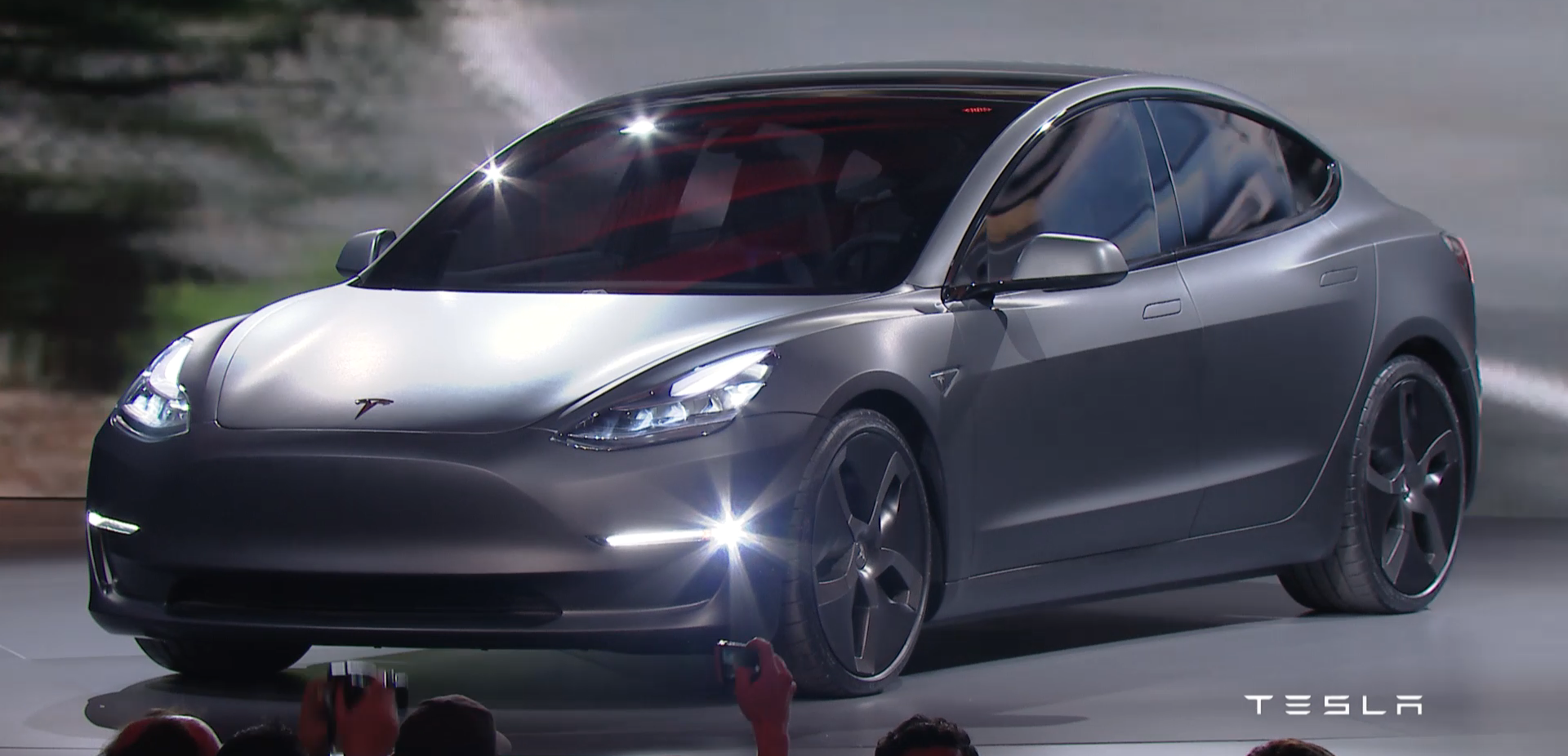China extends EV tax exemptions totaling $72 billion through 2027, the largest tax break to date

China’s Ministry of Finance has confirmed that tax exemptions for New Energy Vehicles (NEVs) scheduled to expire at the end of this year have been extended through 2027. Consumers in China will now be able to take advantage of EV tax breaks amounting to over $4,000 per vehicle to start, which will dwindle down over the next four years.
Expand Expanding Close












